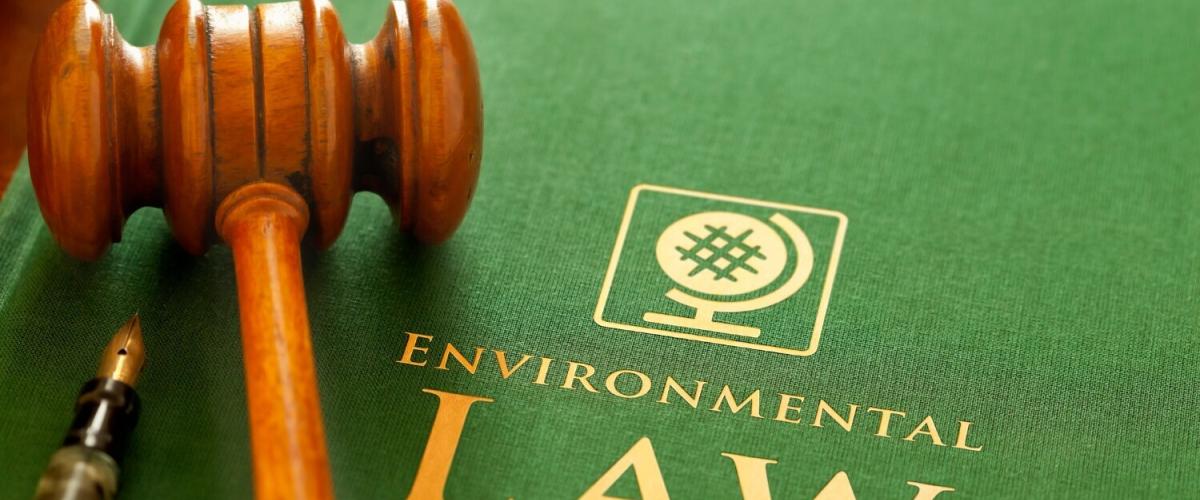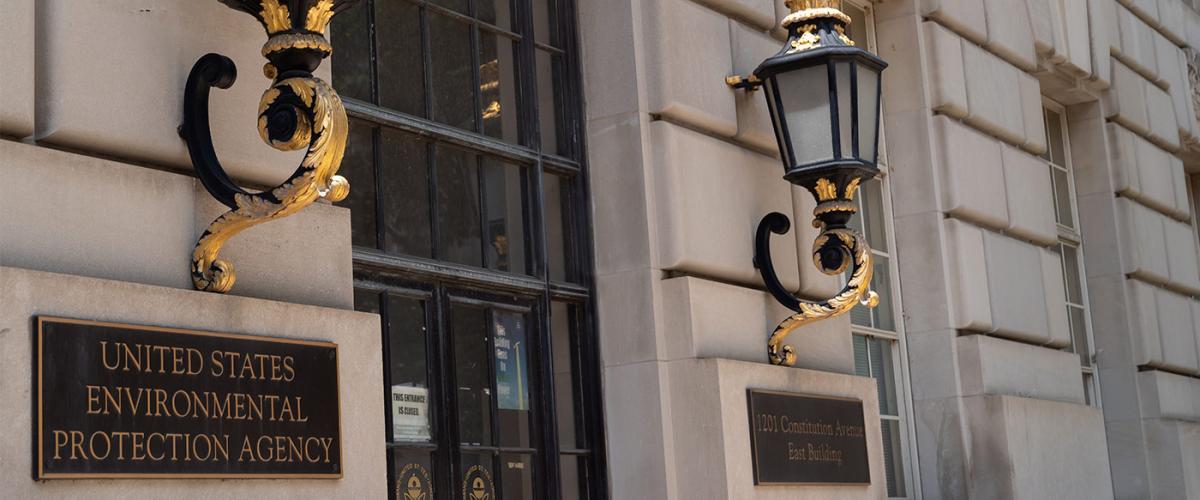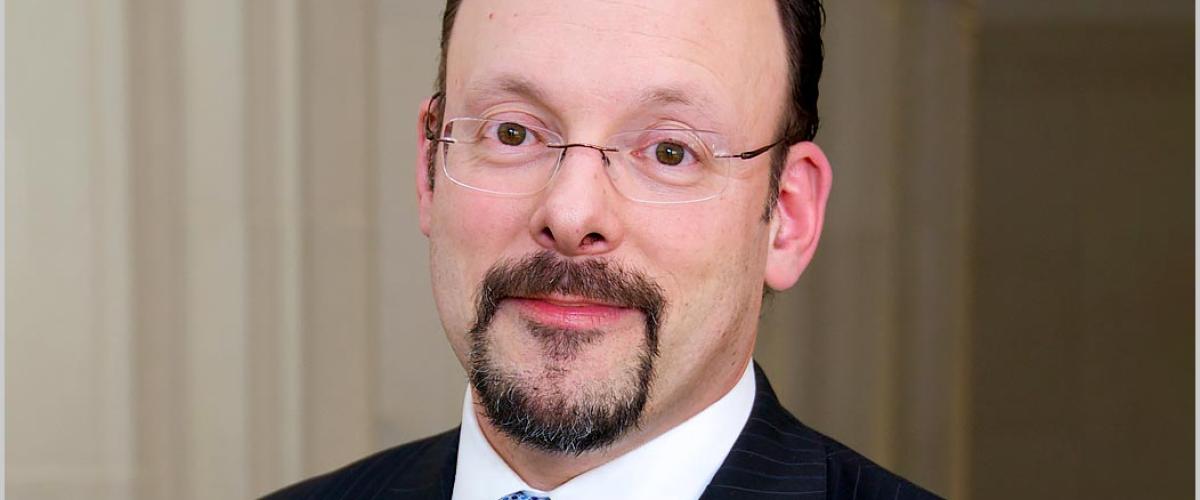On April 10, the Honorable M. Margaret McKeown, a senior judge on the U.S. Court of Appeals for the Ninth Circuit, spoke about the environmental legacy of Justice William O. Douglas, both as a Supreme Court justice and citizen advocate for environmental conservation. Judge McKeown’s remarks drew upon her new book, Citizen Justice: The Environmental Legacy of William O. Douglas, Public Advocate and Conservation Champion (Potomac Books).
Justice Douglas was the longest-serving Supreme Court justice in American history, sitting on the court from 1939 to 1975. Although Justice Douglas was known for his landmark decisions in privacy, criminal law and civil rights, some of his most significant decisions as a justice were on matters of environmental law and are still relied upon by courts and environmental advocates today.
As Judge McKeown explained, Justice Douglas’s conservation legacy was not confined to his work on the court. Even while serving on the Supreme Court, Justice Douglas, participated in protests, lobbying, speeches and other efforts to promote conservation and environmental protection. If Supreme Court justices were to be treated as mere citizens for other purposes, such as taxation, Justice Douglas concluded they could engage citizen advocacy as well. As Judge McKeown discussed, his environmental advocacy sometimes raised ethical dilemmas concerning the proper conduct of federal judges.
Judge McKeown joined the U.S. Court of Appeals for the Ninth Circuit in 1998, and took senior status in 2022. She is a member of the American Academy of Arts and Sciences, an affiliated scholar at the Center for the American West at Stanford University and jurist-in-residence at the University of San Diego School of Law. Judge McKeown also served as a White House Fellow and as special assistant to the Secretary of the Interior. A Wyoming native, she serves on the board of Teton Science Schools and was a member of the first American expedition to Mt. Shishapangma in Tibet.
Judge McKeown’s lecture was sponsored by the Coleman P. Burke Center for Environmental Law.




